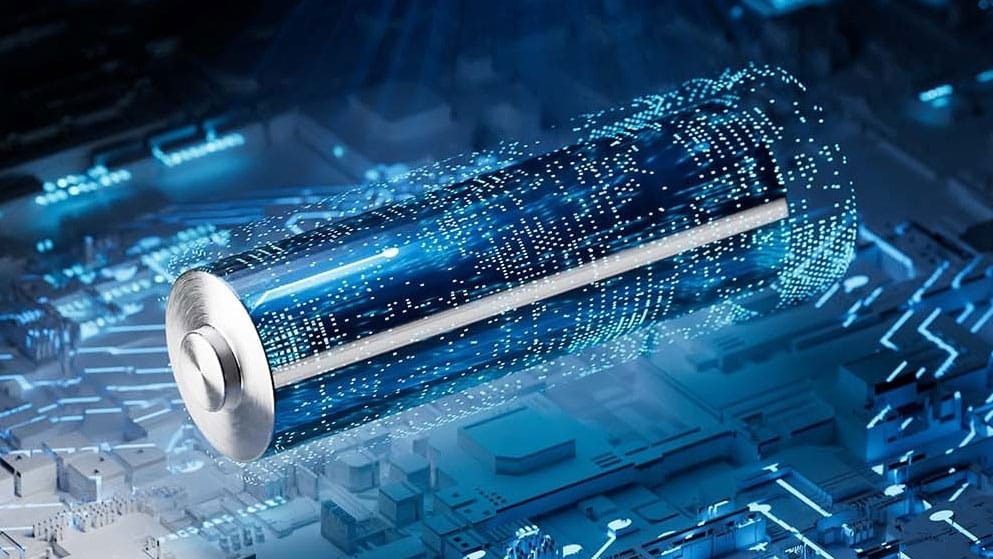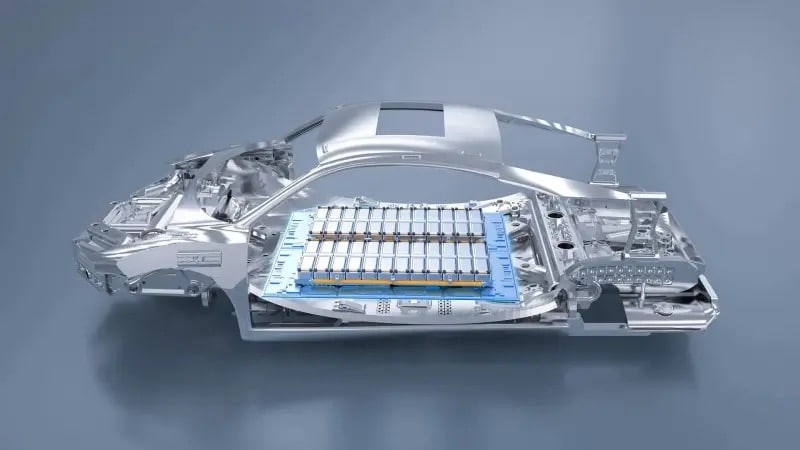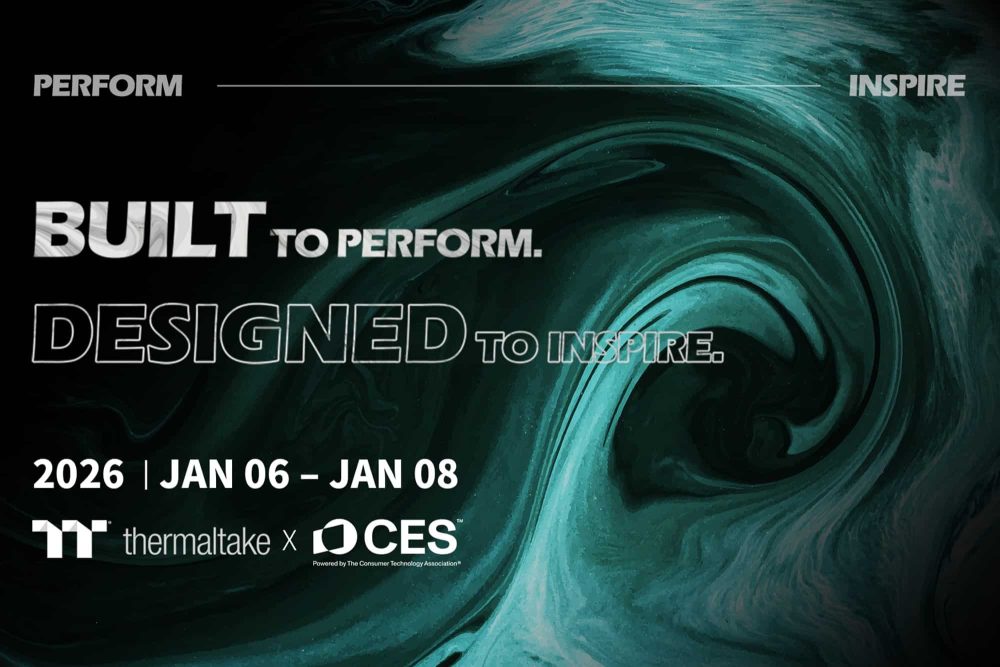A team of researchers from Japan’s Yokohama National University (YNU) has unveiled a groundbreaking manganese-based battery technology, offering a promising alternative for electric vehicles (EVs). With an impressive energy density of 820 watt-hours per kilogram (Wh/kg), this new battery outperforms the current nickel-cobalt batteries (750 Wh/kg) and lithium batteries (500 Wh/kg).
What makes this innovation even more appealing is its cost-effectiveness and environmental benefits. Unlike nickel and cobalt, which are rare, expensive, and have environmentally damaging mining practices, manganese is abundant and cheaper, making this battery more accessible and sustainable.
To overcome the typical performance issues with manganese electrodes, the researchers utilized a specialized crystal structure and a highly concentrated electrolyte solution, significantly enhancing battery efficiency and longevity. Most notably, these manganese batteries show zero voltage decay over time, a significant advancement compared to existing technologies that gradually lose capacity and responsiveness.
The breakthrough offers a green and competitive alternative to current EV battery technologies. With its simplicity in design and the potential for mass production, commercialization of this technology seems promising. This zero-decay lithium manganese oxide battery could reshape the future of electric vehicles, providing a robust, fast-charging, and eco-friendly solution.
Contechs, a global leader in EV platform development, continues to support OEMs worldwide in advancing next-generation electric vehicle technologies, making the future of sustainable transport even brighter.



